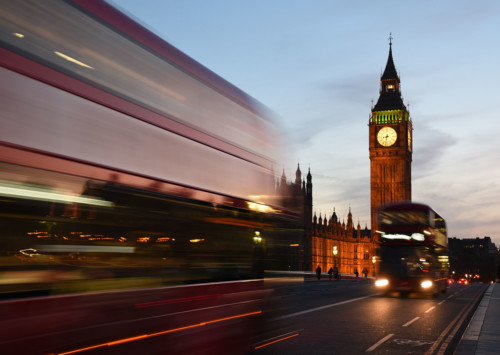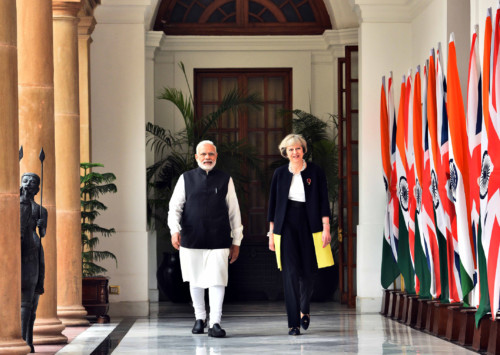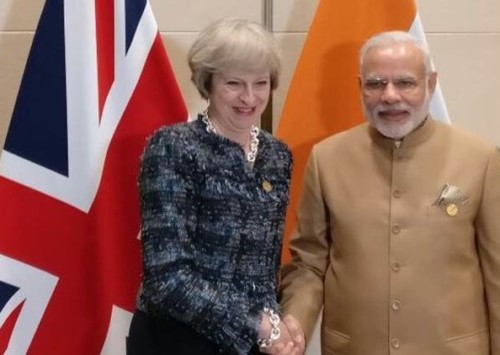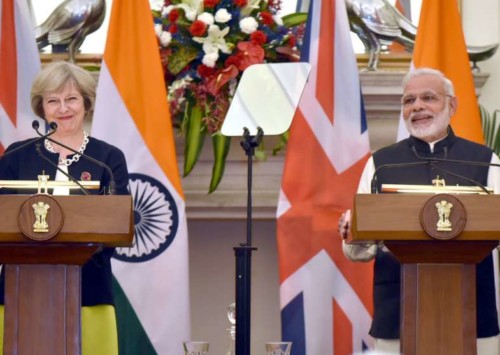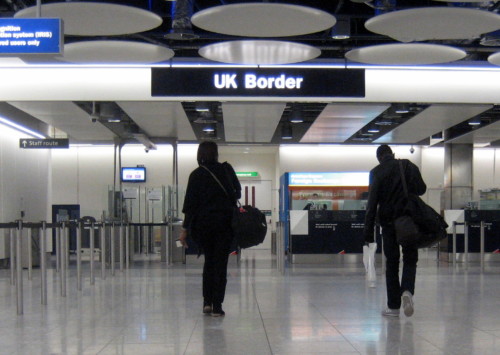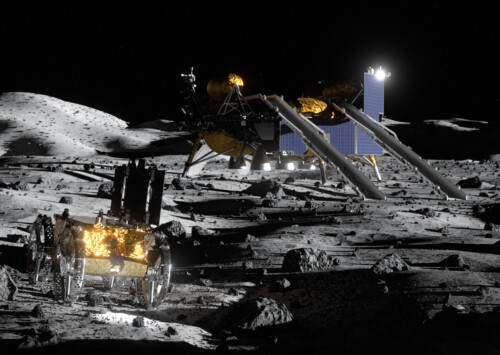Indian economy overtakes British: Another Take
Forbes magazine has caused a frenzy by reporting that the Indian economy has grown a notch, leaving the United Kingdom behind in its wake. While the Indian press has vivaciously welcomed the report, it might be a tad early to reach conclusions.
A few days after a report by Forbes magazine, newspaper headlines across India celebrated India’s overtaking of the United Kingdom as the world’s sixth largest economy in absolute terms. The reasons being cited were the obvious ones. Brexit taking the UK down and the continuing run of a healthy growth in the Indian economy, which stood at over 7 pc in the period cited by the Forbes.
There is little doubt that in the years to come, India is set to become a much larger economy globally than what it is today. Some estimates put India just behind China and the United States as early as 2025 and other bolder predictions place India even ahead of China within a decade after that.
That being that, the Forbes report may have been a trifle too early and its method also rather subjective. The International Monetary Fund (IMF) estimated the British Gross Domestic Product at GBP 1.87 trillion and the Indian GDP at INR 153 trillion. Forbes converted both figures to US Dollar to arrive at its conclusion.
However, if the conversion was directly from INR to GBP, Britain would retain its lead, slim as it might be, over the Indian economy. Converting at today’s rates of Indian Rupee to Pound Sterling, Indian economy would stand at GBP 1.82 trillion. Another reason why the report seems to have come too early is that the Indian Rupee has slid dramatically in November, post the currency swap initiated by the Indian government. So, even by the Forbes or the global standard method of calculating GDP in USDs is used today, the British economy would stand at USD 2.31 trillion, with India trailing marginally at USD 2.25 trillion.
In terms of per capita income, of course, the UK remains way ahead of India, whichever currency may be used as the base. Calculated as per the Forbes data, per capita income in the UK at current dollars stood at USD 36,248, while that in India was barely USD 1,730, indicating the vast gap that exists between the two countries.
India, however, would do better in a purchasing power parity (PPP) conversion, where the purchasing power of each currency is the basis of the calculation. According to the World Bank’s 2015 report, on a PPP basis, the Indian economy is already the third largest in the world, standing a shade below USD 8 trillion, while China leads the game with USD 19.8 trillion, followed by the United States at USD 18 trillion. The United Kingdom stood 9th at USD 2.7 trillion.
Going ahead, both economies face unprecedented challenges in the months to come, and both quagmires are home grown! Britain is yet to figure out how to proceed with Brexit, without mortally damaging its service industries as it continues to debate as to when exactly it should trigger the Article 50 of the European Union agreement, which would set the base of the UK actually exiting the EU and renegotiating a bunch of agreements to facilitate trade, military and security cooperation, movement of people and services etc.
India, on the other hand, is facing an unprecedented shock to its economy in the form of a currency swap, which has led to a severe slowing down of the economy, at least in the small and medium enterprises, and the informal and unorganised sectors. Most optimistic predictions for Indian economy growth project a slowdown only to about 6.5 pc, while some other economists predict a slowdown to nearly half, at about 4.5 pc GDP growth.


